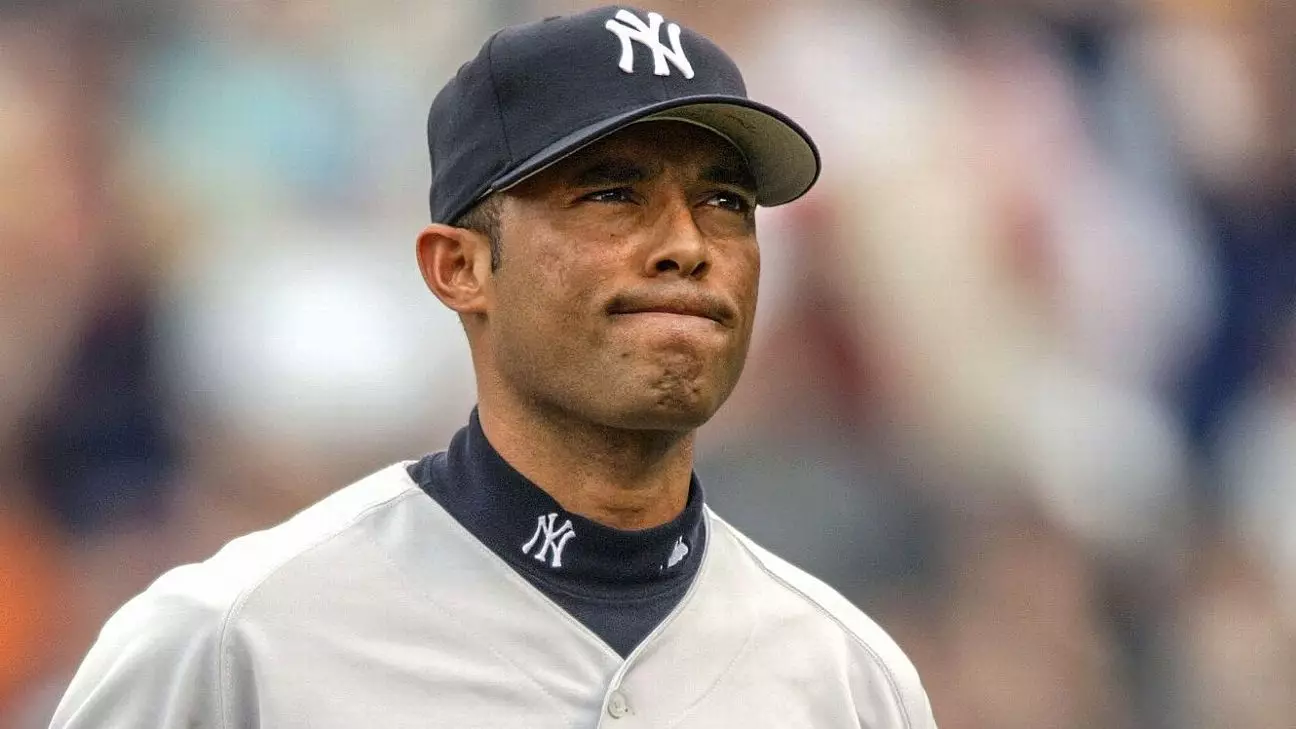In a disturbing lawsuit that has garnered significant media attention, former New York Yankees closer Mariano Rivera and his wife, Clara Rivera, find themselves embroiled in serious allegations stemming from a reported incident of child sexual abuse during a summer camp affiliated with their church, Refuge of Hope. The legal proceedings raise pressing questions regarding accountability and the moral obligations of leaders in faith-based organizations.
The lawsuit, filed in October 2023, claims that a young girl—who was allegedly sexually abused by an older camper—was put in a vulnerable position under the watch of the Riveras. It is alleged that the couple traveled to Florida in response to concerns raised by the girl’s mother about her daughter’s safety during the 2018 trip. However, as per the lawsuit, instead of taking appropriate measures to safeguard the child, the Riveras are accused of „isolating and intimidating“ the victim, effectively compelling her to keep silent about her traumatic experiences.
The situation becomes more complex when considering the timeline of events. According to the accusations, the couple learned of the assault only in 2022, contradicting claims that they had prior knowledge of the abuse. This raises questions about the transparency and the handling of such grave allegations within the church community. It’s a stark reminder of the heavy burden that comes with the influence and reach of public figures.
Joseph A. Ruta, the legal representative for the Riveras, categorically denies any wrongdoing, labeling the allegations as „completely false.“ He underscores that Mariano and Clara Rivera are esteemed community figures, known for their charitable endeavors, especially those that support underprivileged children. This defense, however, seems to contrast starkly with the gravity of the claims presented in the lawsuit.
On the other hand, Adam Horowitz, the attorney representing the plaintiff, articulates the failed responsibility of the Riveras to protect the vulnerable. His assertion—that the Riveras „failed to mitigate the risks“ and neglected to confront potential abuse—highlights a chilling neglect that, if true, could have devastating implications not only for the victim but also for the entire church community.
The lawsuit does not name the young accuser but specifies her year of birth, revealing that she would have been only 10 or 11 years old at the time of the alleged abuse. The severity of the claims, which include multiple instances of inappropriate touching over two weeks, raises serious concerns about the supervision protocols at the Ignite Life Center, the camp in question.
The lawsuit paints a troubling picture of systemic failures within the church’s organizational structure. By turning a blind eye to reports of misconduct, the leadership allowed an environment that potentially fostered further instances of abuse. Particularly alarming is that after returning to New York, the young girl allegedly encountered the same abuser during a church barbecue at the Riveras‘ residence, raising profound ethical questions about the church’s insistence on maintaining a façade of stability over addressing serious allegations.
This lawsuit comes against a backdrop of growing scrutiny regarding sexual abuse allegations in religious organizations. Over the years, numerous faith institutions have faced similar claims, suggesting a pattern of neglect and denial among leadership figures. This particular case involving the Riveras poses difficult questions about how religious organizations handle sensitive allegations, balance their reputations, and protect minors.
In this instance, the implications extend far beyond the personal lives of those involved. They tiptoe into an essential conversation about the moral responsibilities of church leaders to prioritize the safety of their congregants above all else. The complexities around these situations often lead to a troubling silence that can perpetuate abuse and prevent victims from receiving justice.
The allegations against Mariano and Clara Rivera underscore a notorious gap in accountability within both religious and community structures. Cardinal among these concerns are the potential repercussions on the young victim and her family, who were reportedly subjected to ongoing trauma. With the lawsuit filed, it is imperative for both the courts and the involved organizations to rigorously assess their roles and responsibilities to ensure justice and safety.
Ultimately, this case serves as a pivotal moment not only for the individuals involved but also for the broader discourse surrounding child protection advocacy within faith communities. It implores a reassessment of existing protocols to prevent such tragedies from occurring in the future and demands that leaders embrace transparency, accountability, and continuous efforts to safeguard the vulnerable.


Napsat komentář